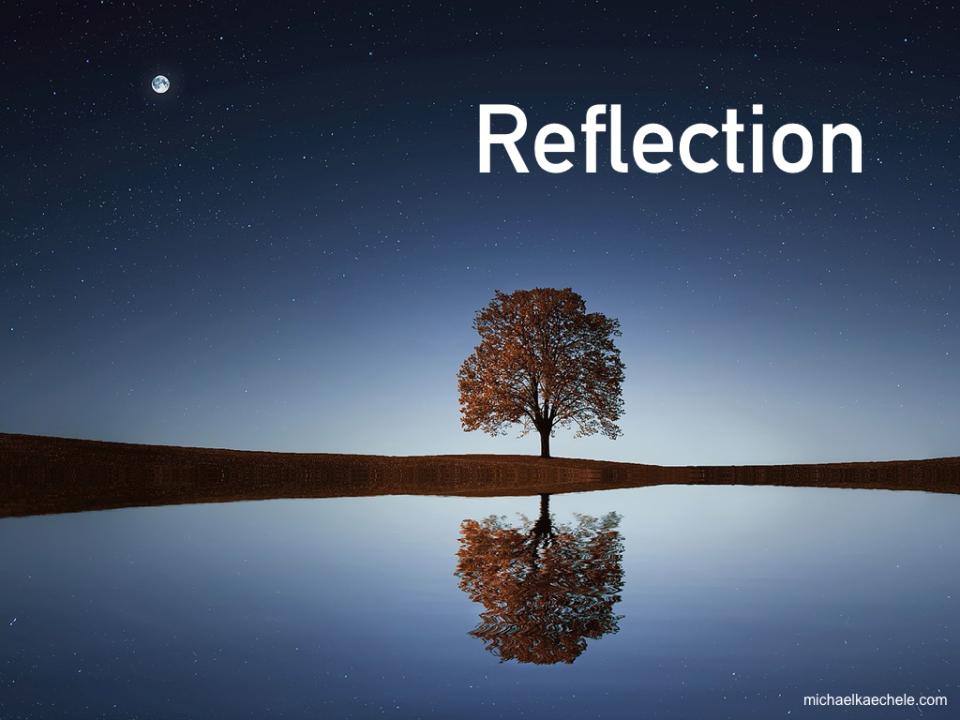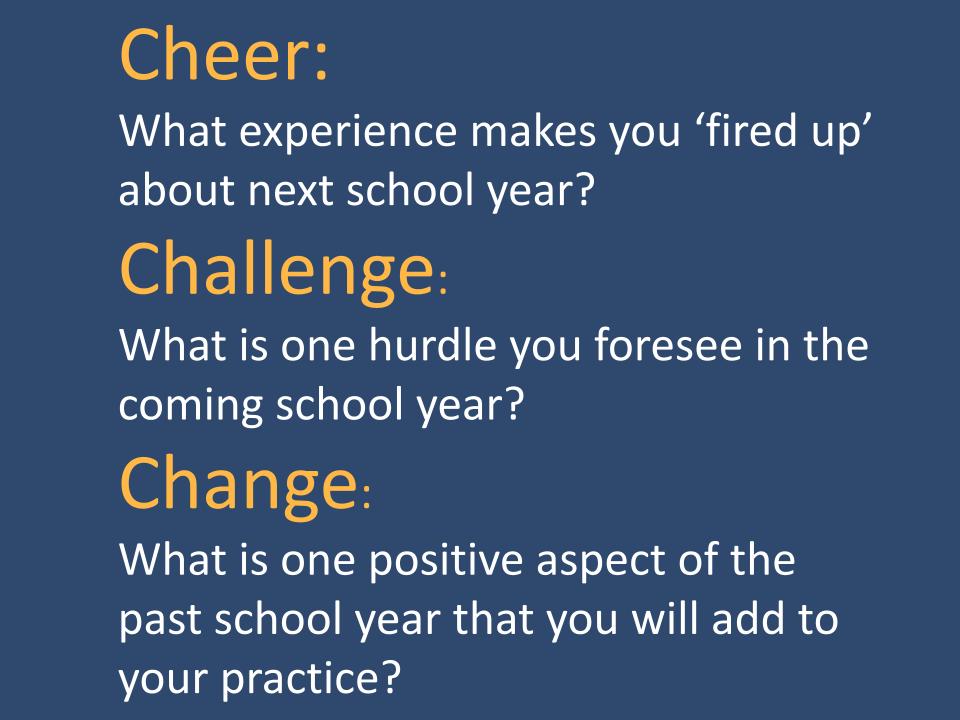This has been a year like no other, and this summer teachers need to first take care of themselves and then prepare for next year. This is the second of a series of posts about how to plan for SEL and PBL as we hopefully return to face-to-face learning next year. Last week we talked about the need for rest to recover from the trauma of the school year. Now let’s reflect on our year.
As we discussed previously, this past year brought many challenges. One of the things that I am struck by is the variety of experiences for students. I taught in a virtual school where students never set foot in a building. My daughter spent most of the year attending school in person, wearing a mask, and attempting to social distance. She was only virtual for a few weeks as mandated by our governor. (She also was sent home for 10 days twice due to contact tracing but never had Covid herself). I know many districts shifted back and forth from virtual to hybrid to face-to-face. Even for students living in the same community, the school year was disparate.
Examining further, the online experience was vastly different too. Some schools (mine) had canned curriculum that students worked through at their own pace with limited teacher guidance. Others tried to replicate “class” and had daily video calls and interactive lessons in breakout rooms. Many teachers and students used technology in new ways to connect and extend their learning.
So while we can pull some patterns from this past year, it is important to recognize that almost everyone’s reality was distinct depending on variables such as your district and state Covid guidelines, student and parent choices, fear or skepticism of the pandemic, and financial resources. This is why it is vital for each educator to personally reflect on what their year was like for their students and themselves.
Your Reality
First of all, you rested right? After some downtime, think back on the past year and consider the positives that you can build upon and the areas of struggle that you can change. Not everything is under our control. Focus on things where you have the decision-making power. Try writing a page or two of your thoughts or even turning it into a blog post. Here’s some questions to get you started:
- How did you build classroom community?
- What was your best classroom moment of the year?
- What new skills did you develop?
- What structures will be the same/different about next year? (Back to face-to-face or still virtual?)
- What pedagogical practices from this past year do you want to maintain?
- What practices do you never want to use again?
- How did you maintain your physical and mental health? (exercise, food intake, meditation, etc.)
- How did you balance your work/family obligations?
- What responsibilities or commitments do you need to give up?
Student Experience
It is crucial to move beyond reflecting through your own lens and to consider what your students experienced. We want to do this from an asset based viewpoint. Rather than focusing on “learning loss” (whatever that means), take a personalized approach and consider the strengths that your students gained. It may be some of the technology skills that they never would have learned if they were face-to-face all year. Your students may have taken on new roles and responsibilities in their families. Or it may be some content-related skills that they developed.
Digging deeper, consider SEL skills that students practiced. With the large amounts of time trapped inside, did students discover more about themselves (Self-Awareness) through their own reflections? Did they gain empathy for others (Social Awareness) who are struggling with trauma and loss due to Covid? Perhaps students improved their Self-Management as they regulated their time and tasks in a virtual space. Maybe they flexed their Relationship Skills by standing up for others through BLM or other protests? Students lived Responsible Decision-Making by wearing masks, washing hands, and social distancing to protect themselves, their families, and communities.
Next year, how might you build on the SEL gains in your classroom?
Action Going Forward
The purpose of reflection is for personal growth. Celebrate victories, mourn losses, but ultimately reflection should lead to future progress. I like the Cheer, Challenge, Change Protocol as a simple reflection to consider what happened and most importantly, how you can use it to propel forward based on the experience.
Interested in how you can create a positive culture by developing SEL skills integrated in your classroom? Check out my virtual workshop this summer! I am also booking workshops with schools across the country on PBL and SEL.


